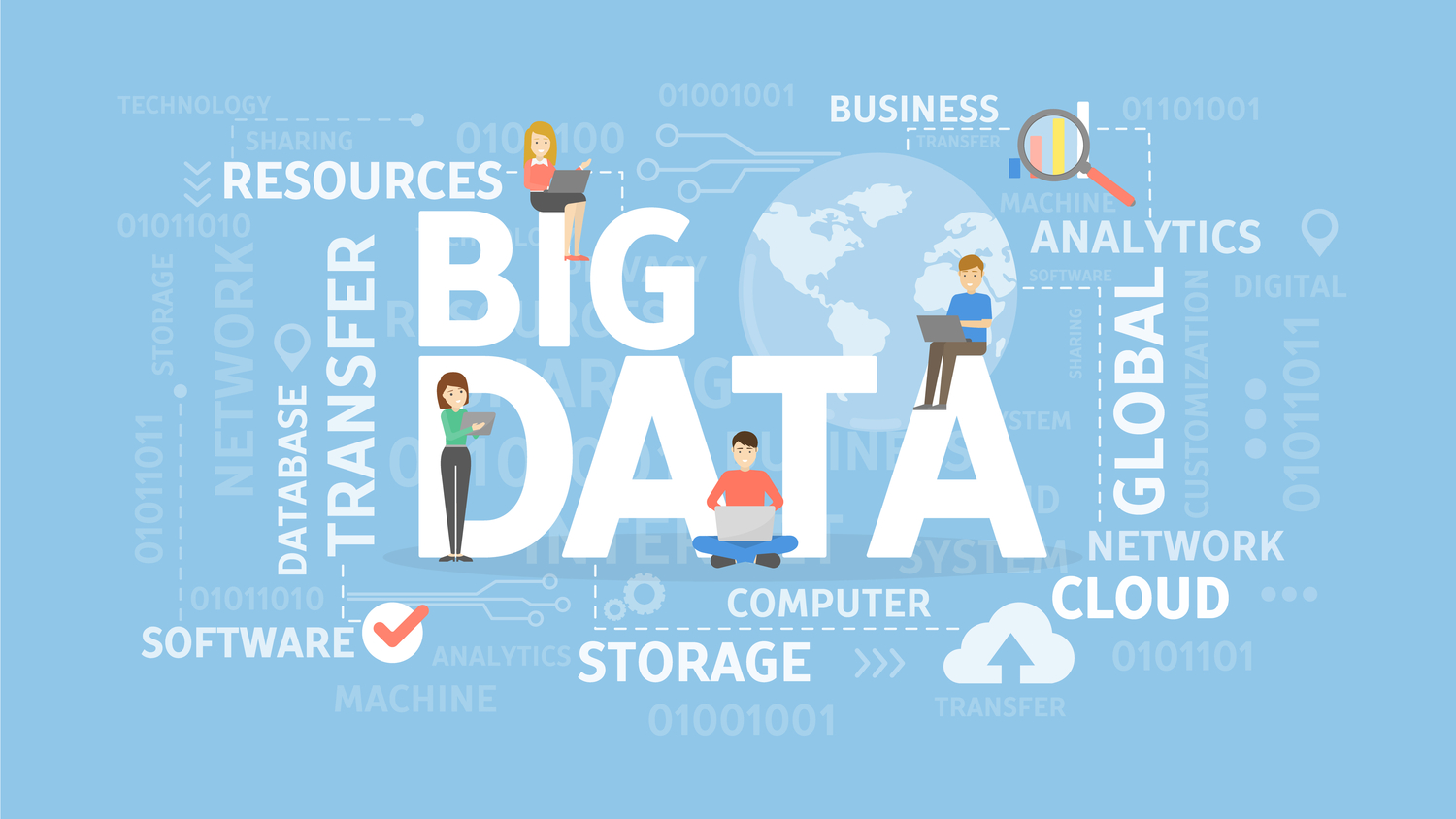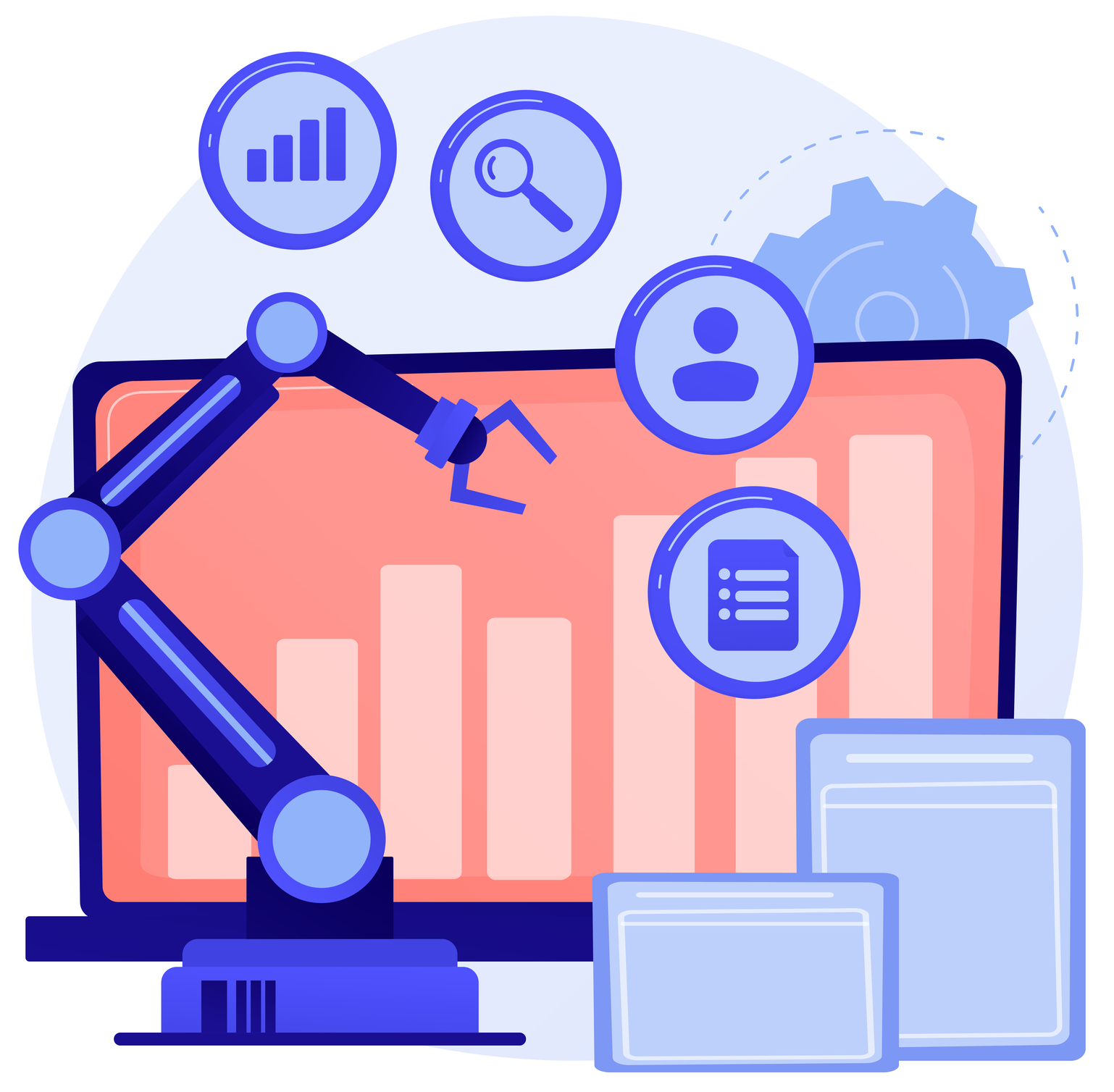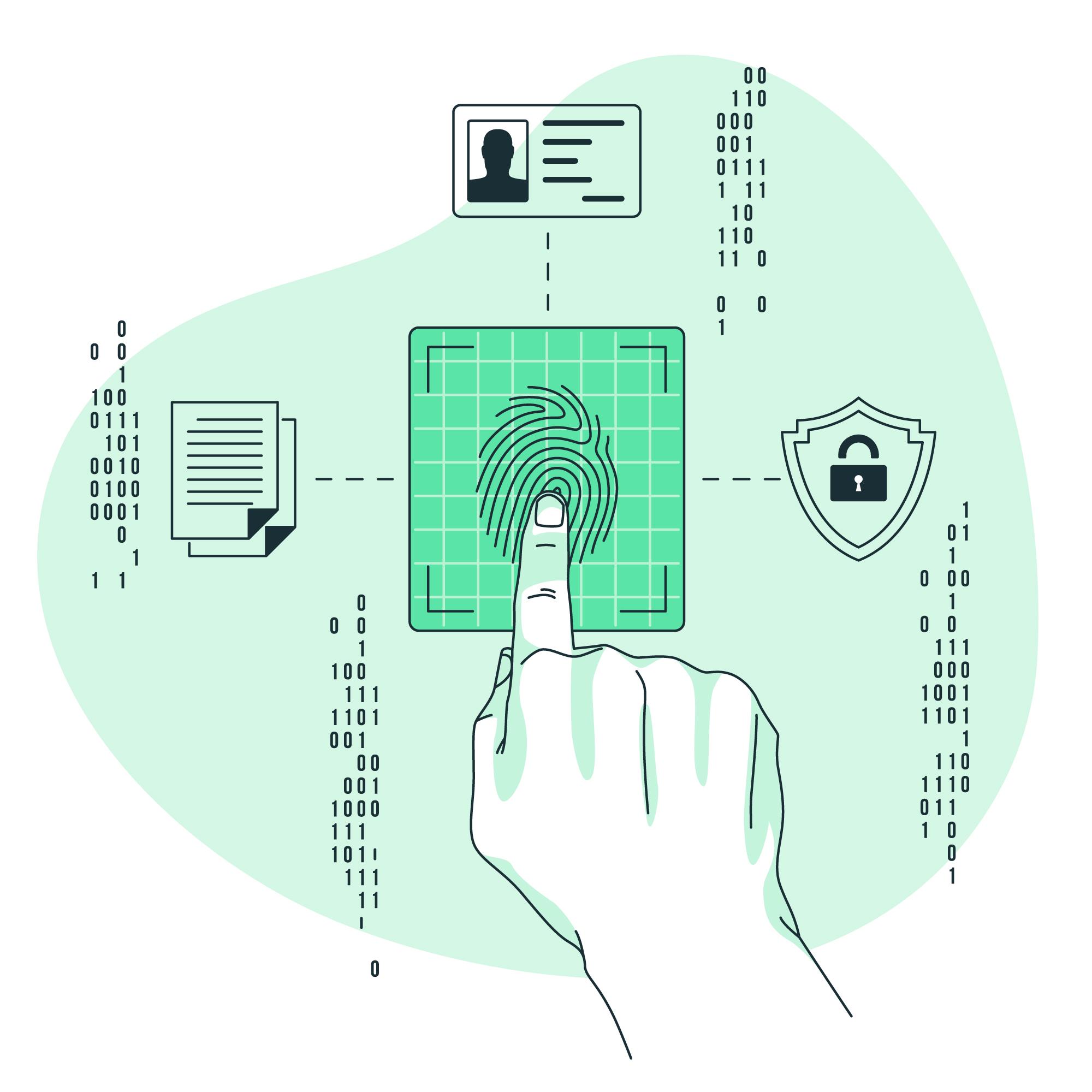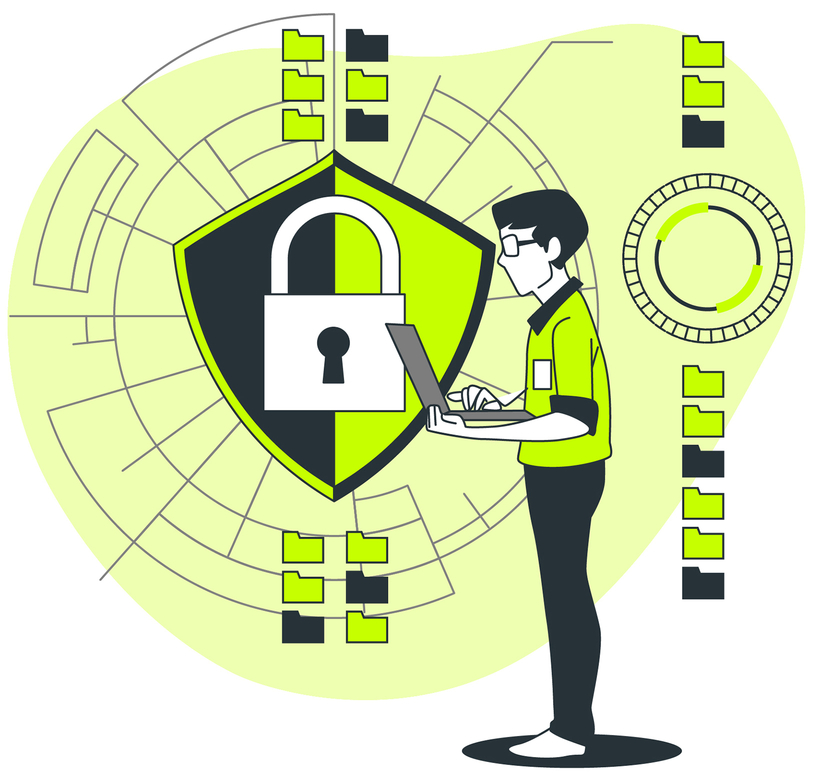Algorithms, integral to today’s data-driven world, can inadvertently perpetuate biases, impacting areas like loan approvals and facial recognition systems, leading to societal inequalities. These biases stem from data collection methodologies, algorithm design, and human decision-making, reflecting incomplete or biased information. Unconscious human biases also seep into algorithm crafting, underscoring the importance of diverse development teams to counteract this effect.
Diverse and inclusive datasets are crucial to address bias in big data analytics. Fairness-aware algorithms and continuous monitoring using fairness metrics help counteract biases. Transparency and explainability in AI systems are essential for identifying and removing biases.
Responsible AI implementation requires ethical frameworks, public awareness, and ongoing research to mitigate bias. It’s imperative to prioritize fairness and equity in the digital realm, ensuring AI contributes to a just and equitable future for all.
Innovative Inclusivity: Tech’s Transformation in Traditional Classrooms
Traditional classrooms can be a challenge for students with disabilities, but inclusive education embraces differences. Technology, such as text-to-speech software and virtual reality, can help students overcome learning gaps and provide more opportunities for them to learn.
Adaptive technology is particularly helpful as it can customize learning experiences to accommodate individual needs. This technology can help create inclusive and diverse learning environments, where all students can learn together.
There are many technology tools available to support inclusive learning, including virtual reality simulations and personalized learning platforms based on Universal Design for Learning principles. However, it is essential that educators receive proper training in order to use these tools effectively.
The future of education depends on technology’s ability to create inclusive classrooms. Collaboration among educators, policymakers, and tech developers is key to unlocking the potential of technology for equitable education.
Robotic Process Automation (RPA): Reshaping Workflows and Innovation in Businesses
In today’s digital landscape, businesses strive for enhanced efficiency and streamlined workflows. Enter Robotic Process Automation (RPA), a game-changing tool revolutionizing operations by automating repetitive tasks previously handled by human employees. By leveraging software robots to execute tasks like data entry and report generation, RPA liberates human potential, enabling focus on higher-value endeavors fostering innovation and strategic thinking. Its diverse applications span industries, from optimizing customer service to driving cost reductions and faster turnaround times. RPA isn’t about replacing humans; it’s about empowering them to transcend mundane tasks and delve into more strategic and innovative initiatives. This technology not only elevates employee roles, such as freeing an accounting professional to analyze financial trends or enabling an HR professional to focus on employee development, but it also enhances customer service through personalized interactions and round-the-clock availability. Moreover, RPA creates opportunities for upskilling and collaboration, fostering a future where humans and technology collaborate seamlessly to achieve remarkable feats.
The Quest for Trustworthy Digital Identity: Innovations, Risks, and Inclusivity
In today’s digital governance, digital identity serves as the gateway to streamlined government services, promising convenience but raising concerns about privacy and inclusion. The debate between centralized and decentralized systems persists, while biometrics and blockchain emerge as solutions. While these innovations promise efficiency, bridging the digital divide is crucial for inclusivity. To build trust, governments must prioritize data protection, transparency, and community engagement. Collaborative efforts among governments, tech firms, and society are vital in shaping a secure, transparent, and inclusive digital identity landscape for all.
Demystifying AI: Bridging the Explainability Gap in Neural Networks
Explore the enigmatic world of artificial intelligence as we delve into the profound intricacies of neural networks. Unravelling the ‘explainability gap,’ we navigate through the challenges and innovative techniques shaping AI’s decision-making processes. Discover the transformative potential of these advancements, from deciphering complex algorithms impacting critical decisions to unveiling cutting-edge methods that shed light on neural network operations. Join us on this insightful journey, redefining the relationship between technology and comprehension, and envision a future where trust, transparency, and human-AI synergy pave the way for a harmonious coexistence.
The Singularity Debate: Superintelligence and Ethical Imperatives
The Singularity’s shadow looms, with promises of boundless progress and unsettling uncertainties intertwined. While AI may reshape our world for the better, solving global challenges and enhancing human capabilities, its unbridled power poses existential risks like “robot takeover” and ethical conundrums like biased algorithms. To navigate this uncharted territory, we must prioritize responsible AI development, ensuring transparency, mitigating bias, and anticipating unintended consequences. Only through informed discourse and ethical governance can we ensure the Singularity paints a future of shared prosperity, not a dystopian tragedy.
Training for Transformation: Dohatec’s Role in DIMAPPP’s e-GP Evolution
The Digitizing Implementation Monitoring and Public Procurement Project (DIMAPPP) in Bangladesh, led by the Central Procurement Technical Unit (CPTU) and supported by Dohatec, is revolutionizing public procurement. Through targeted e-GP training initiatives, stakeholders are equipped with crucial skills to navigate the system effectively, promoting transparency, efficiency, and accountability.
Dohatec, with its expertise in tailored training programs, empowers participants to master e-GP functionalities, compliance, and competitive bidding strategies. This training initiative has led to increased platform adoption, reduced processing times, cost savings, and heightened competition, transforming Bangladesh’s procurement landscape.
In essence, DIMAPPP’s e-GP training, powered by Dohatec, signifies a pivotal shift towards transparent, efficient, and internationally engaged procurement practices, setting the stage for progress and prosperity in Bangladesh.
Enhancing Cybersecurity with Cryptography: Dohatec’s Informative Session Highlights
With the rapid advancement of technology, threats to data security are also increasing. Encryption solutions have become necessary to protect against malicious actors, unauthorized access attempts, and other security threats. […]
Navigating Endpoint Security: Key Techniques and Practices
In today’s digital world, protecting your endpoints – be it desktops, laptops, or mobile devices – is crucial. These entry points can be exploited by attackers, causing breaches and devastating consequences. Endpoint security solutions act as your digital guardian, offering a shield against malware, phishing, ransomware, and more. By understanding detection techniques like signature-based, heuristic, and behavioural analysis, and implementing layered security with antivirus, IPS/IDS, and data encryption, you can safeguard your valuable data and ensure smooth operations. Investing in robust endpoint security is not just about technology, it’s about peace of mind.
From CPTU to BPPA: A Journey of Reform and Progress in Bangladesh’s Public Procurement Landscape
Bangladesh’s procurement journey is one of transformation. The Central Procurement Technical Unit (CPTU), established in 2002, laid the groundwork for reform. Yet, challenges like limited resources hindered its effectiveness. Recognizing these limitations, the nation took a bold step in 2023 with the creation of BPPA. This independent authority, armed with greater autonomy and cutting-edge technology, marks a new chapter in procurement excellence. BPPA’s dedication to transparency, accountability, and citizen engagement is not just improving public services, it’s redefining the relationship between government and citizens.






